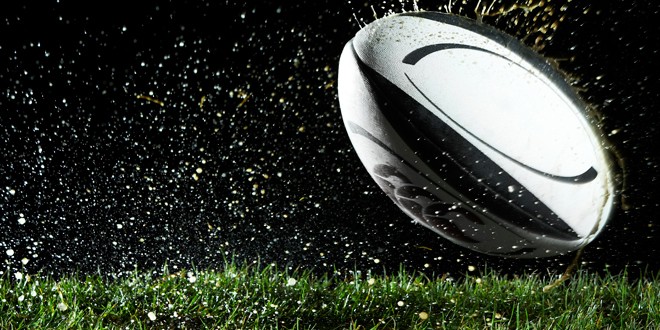 The impact of Disability Rugby League, whether in relation to aspects that can readily be measured, or through the many benefits of people simply rubbing along together with common goals, has been highlighted in the Rugby Football League’s ‘Disability Rugby League Dividend’, which was published last week.
The study, which is the third of a
The impact of Disability Rugby League, whether in relation to aspects that can readily be measured, or through the many benefits of people simply rubbing along together with common goals, has been highlighted in the Rugby Football League’s ‘Disability Rugby League Dividend’, which was published last week.
The study, which is the third of a Grassroots Rugby League news round-up
 The impact of Disability Rugby League, whether in relation to aspects that can readily be measured, or through the many benefits of people simply rubbing along together with common goals, has been highlighted in the Rugby Football League’s ‘Disability Rugby League Dividend’, which was published last week.
The study, which is the third of a
The impact of Disability Rugby League, whether in relation to aspects that can readily be measured, or through the many benefits of people simply rubbing along together with common goals, has been highlighted in the Rugby Football League’s ‘Disability Rugby League Dividend’, which was published last week.
The study, which is the third of a 